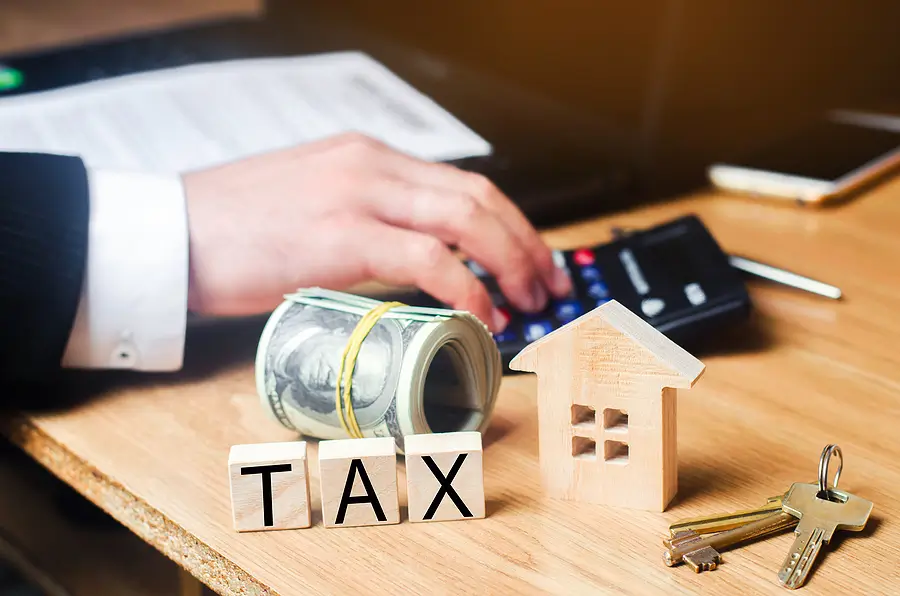At Pam T Property Management, we understand how overwhelming rental income tax can feel for property owners in Savannah, GA. Staying compliant with tax laws while maximizing your deductions is essential to protect your investment, pay taxes correctly, and boost your ROI. To help you navigate the complexities, we’ve put together a guide on the best practices for managing rental income tax in Savannah, GA.
Understanding Rental Income Tax
Rental income is any payment you receive from your tenants for the use of your property. This includes rent payments, advance rent, and other fees like pet fees or a security deposit used for repairs. The IRS classifies this income as taxable, which means it must be reported on your tax return.
In Georgia, you’ll need to account for both federal income taxes and state income taxes on your rental income. Whether you own a residential rental property, a vacation home, or a commercial property, all rental activities must be documented accurately to avoid discrepancies during tax season.
Reporting Rental Income Accurately
One of the most important steps in managing rental income tax is proper reporting. As a property owner, you’ll typically report rental income and expenses on Schedule E of your federal tax return.
Accurate recordkeeping is crucial. Document everything from tenant payments to repair costs and ensure your rental agreement outlines all charges clearly. This will simplify the process of calculating total income and subtracting deductible expenses.
Maximizing Your Tax Deductions
Savvy property owners know that rental properties come with significant tax-saving opportunities. Understanding and utilizing rental property tax deductions is key to minimizing your taxable income while staying compliant with tax laws. Here are some common deductions to consider:
- Mortgage interest
- Operating expenses such as water and sewage bills or utility costs paid on behalf of tenants
- Travel expenses incurred for managing your property
- Repairs and maintenance directly related to the rental property
Additionally, you can generally deduct depreciation for residential rental properties. This allows you to account for wear and tear on your property over time, further reducing your taxable income.
Understanding these deductions is key to minimizing what you owe in taxes while ensuring compliance with IRS rules.
Savannah Property Tax Considerations
In Savannah, property taxes are based on the fair market value of your property. Reviewing your tax bill annually ensures accuracy and allows you to dispute any discrepancies in valuation.
It’s also important to consider the long-term tax implications of owning rental properties. For example, when selling an investment property, you may owe capital gains tax, depending on your tax bracket and how long you’ve held the property.
Keep Detailed Records for Compliance
Throughout the tax year, maintaining clear and organized records is essential. Track all rent payments, security deposits, and deductible rental expenses like repairs, travel, and utility costs. Proper documentation will not only make tax filing easier but also ensure you take full advantage of all eligible deductions.
Partner with Pam T Property Management for Peace of Mind
Managing rental income tax doesn’t have to be daunting. At Pam T Property Management, we’re here to help Savannah property owners navigate the complexities of rental property taxes. Whether it’s ensuring compliance or optimizing your ROI through expert property management, we’re your trusted partner every step of the way.
For more insights and professional guidance, contact us at Pam T Property Management. Let us take the stress out of property management so you can focus on growing your investment!

